Jazz, often regarded as one of the most influential and expressive music genres in history, has given rise to a plethora of legendary musicians who have left an indelible mark on the world of music. These jazz virtuosos not only mastered their instruments but also pushed the boundaries of creativity, improvisation, and musical innovation. Let’s Look at the top 10 iconic jazz musicians who have shaped the genre and continue to inspire generations of artists and listeners.
Louis Armstrong (1901-1971)
Louis Armstrong, often referred to as “Satchmo” or “Pops,” stands as one of the most influential figures in the history of jazz. Born in New Orleans, his trumpet playing and gravelly vocals revolutionized jazz in the early 20th century. Armstrong’s virtuosic trumpet solos and his unmistakable voice made him a global sensation.
Armstrong’s Legacy:
- Popularized jazz as a solo art form.
- Introduced scat singing and improvisation techniques.
- Influenced generations of musicians, including Miles Davis and Wynton Marsalis.
Louis Armstrong’s legacy is deeply embedded in the very essence of jazz, and his recordings like “What a Wonderful World” remain timeless classics that continue to inspire and uplift.
Miles Davis (1926-1991)
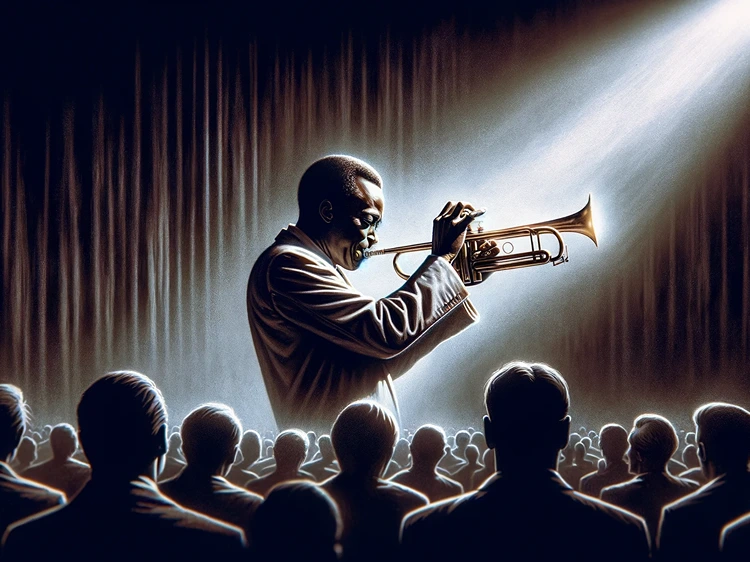
Miles Davis, an innovator and musical chameleon, is renowned for his transformative contributions to jazz. His career spanned several decades, during which he traversed various jazz styles, from bebop to cool jazz, modal jazz, and fusion. Davis was a trailblazer in exploring new sonic territories and challenging the conventions of the genre.
Davis’s Legacy:
- Revolutionized jazz with the release of the album “Kind of Blue.”
- Pioneered modal jazz and fusion, blending jazz with rock and funk.
- Continued to push the boundaries of jazz until his passing.
Miles Davis’s impact on jazz is immeasurable, and his relentless pursuit of innovation and reinvention left an enduring legacy that continues to shape the genre.
John Coltrane (1926-1967)
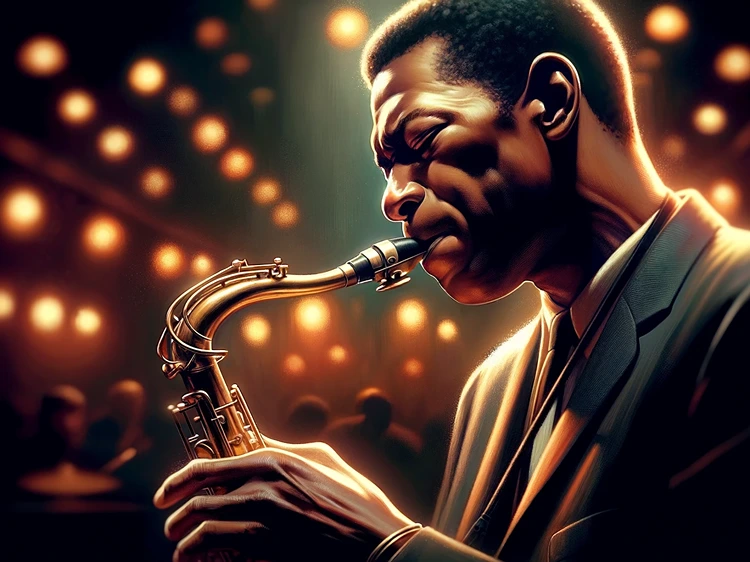
John Coltrane, often simply referred to as “Trane,” was a saxophonist and composer whose contributions to jazz pushed the boundaries of improvisation and spirituality in music. His exploration of modal jazz and his virtuosity on the saxophone made him an iconic figure in the world of jazz.
Coltrane’s Legacy:
- Revolutionized saxophone playing with his technical prowess and emotional depth.
- Explored spirituality and transcendence through music.
- Albums like “A Love Supreme” remain influential and spiritually resonant.
John Coltrane’s music transcends the confines of jazz, offering listeners a profound and transcendent experience that continues to inspire spiritual and musical seekers.
Ella Fitzgerald (1917-1996)
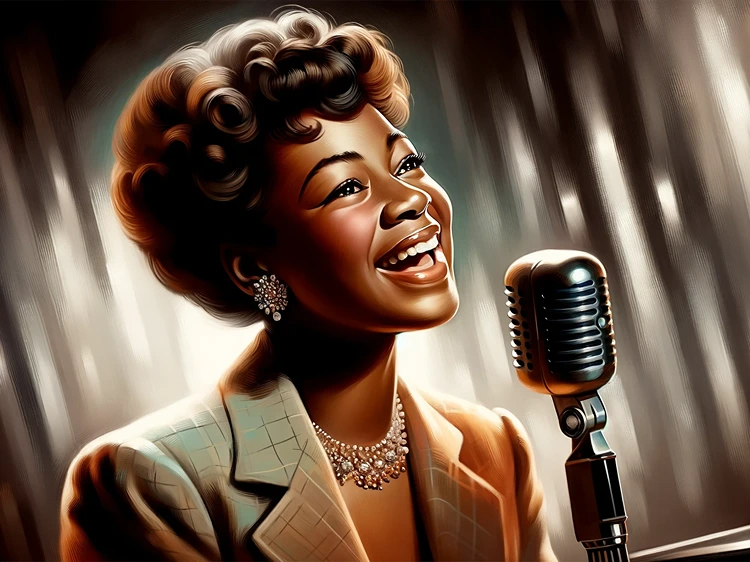
Ella Fitzgerald, often referred to as the “First Lady of Song,” was a vocalist with a voice like no other. Her impeccable vocal control, scat singing, and interpretation of lyrics made her one of the most celebrated jazz singers of all time. Fitzgerald’s career spanned six decades, and she recorded over 200 albums.
Fitzgerald’s Legacy:
- Set the standard for vocal jazz singing and scat improvisation.
- Won 13 Grammy Awards and sold over 40 million albums.
- Her rendition of “Summertime” remains an iconic jazz performance.
Ella Fitzgerald’s timeless recordings and her ability to convey emotion through her voice continue to captivate and inspire both jazz aficionados and music lovers worldwide.
Duke Ellington (1899-1974)
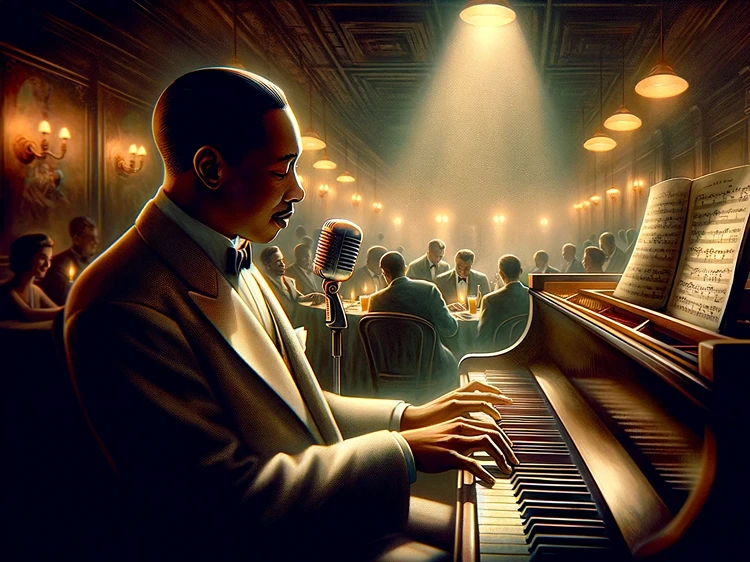
Duke Ellington, a prolific composer, pianist, and bandleader, was a driving force behind the big band era of jazz. His orchestra, known as the “Duke Ellington Orchestra,” produced some of the most iconic and innovative jazz music of the 20th century. Ellington’s compositions ranged from swing to orchestral jazz, and he was a true pioneer in his field.
Ellington’s Legacy:
- Composed over 1,000 compositions, including jazz standards like “Take the A Train.”
- Pushed the boundaries of jazz orchestration and arrangement.
- Received the Presidential Medal of Freedom and a posthumous Pulitzer Prize.
Duke Ellington’s enduring legacy as a composer, bandleader, and visionary in jazz continues to influence contemporary musicians and orchestras, ensuring that his music remains an integral part of the jazz canon.
Charlie Parker (1920-1955)
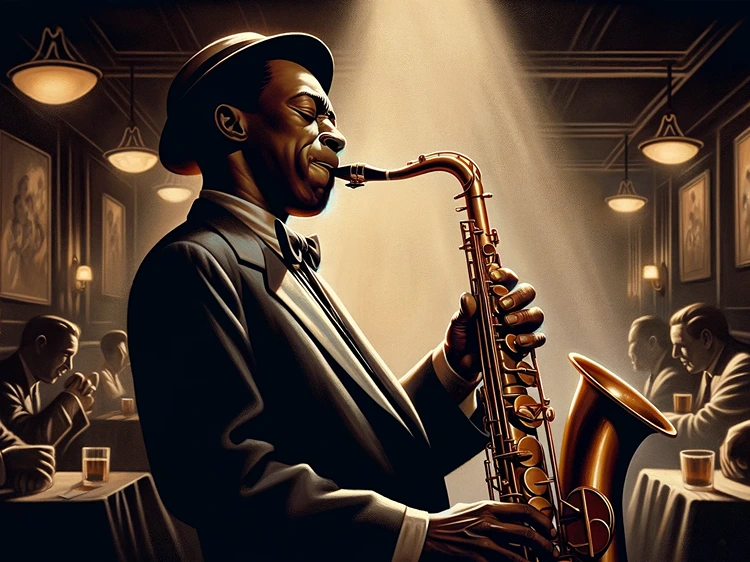
Charlie Parker, known as “Bird,” was a pioneering alto saxophonist and composer who played a pivotal role in the development of bebop, a subgenre characterized by fast tempos, complex harmonies, and improvisation. Parker’s technical virtuosity and innovative approach to improvisation set him apart as a jazz icon.
Parker’s Legacy:
- Co-authored the language of bebop, influencing countless saxophonists.
- Known for his groundbreaking recordings like “Koko” and “Yardbird Suite.”
- His improvisational skills and harmonic innovations continue to inspire.
Charlie Parker’s impact on the world of jazz is immeasurable, and his recordings remain essential listening for aspiring jazz musicians and enthusiasts.
Billie Holiday (1915-1959)
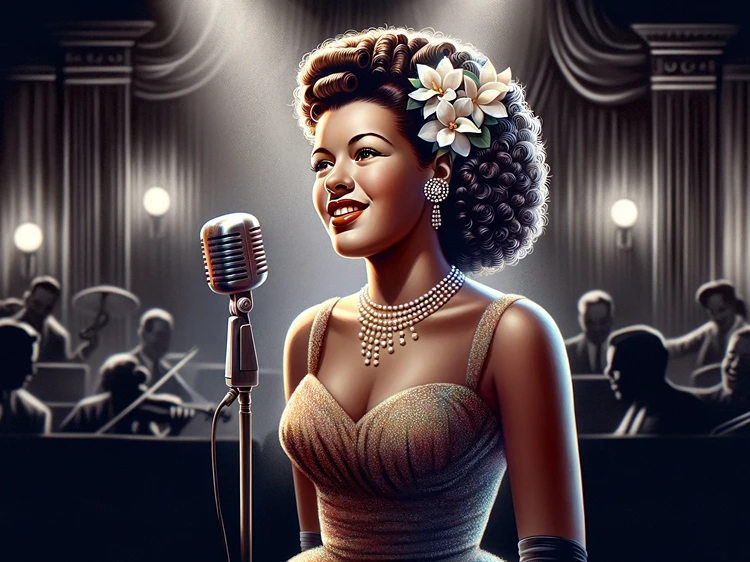
Billie Holiday, often referred to as “Lady Day,” was a jazz and blues vocalist known for her emotive and poignant singing style. Her ability to convey deep emotions through her voice made her an iconic figure in jazz history. Despite facing adversity and personal challenges, Holiday’s recordings continue to resonate with audiences.
Holiday’s Legacy:
- Interpreted songs with unparalleled emotional depth and authenticity.
- Recorded timeless classics like “Strange Fruit” and “God Bless the Child.”
- Influenced generations of singers, from jazz to pop and soul.
Billie Holiday’s enduring legacy as a vocalist who bared her soul through music ensures that her impact on jazz and popular music remains profound and everlasting.
Thelonious Monk (1917-1982)
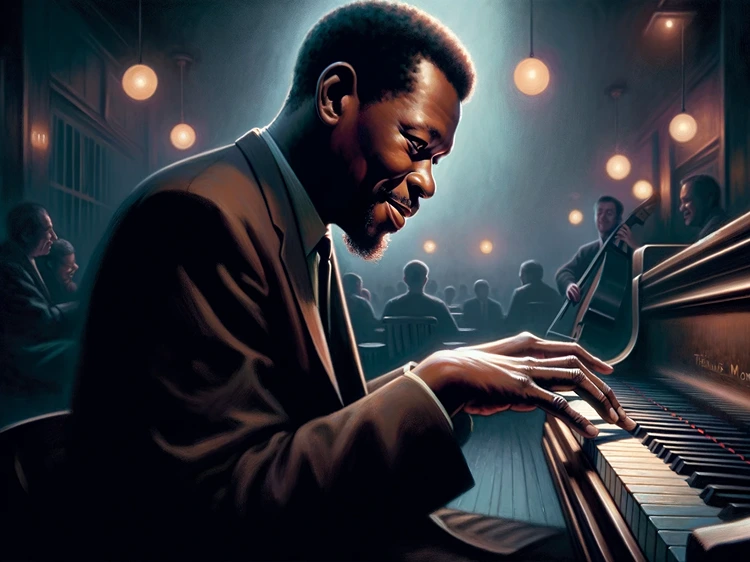
Thelonious Monk, a pianist and composer, was celebrated for his unique approach to jazz composition and improvisation. His unorthodox playing style, dissonant harmonies, and angular melodies set him apart as a jazz innovator. Monk’s compositions have become jazz standards, and his influence on modern jazz is undeniable.
Monk’s Legacy:
- Composed classics like “Round Midnight” and “Blue Monk.”
- Known for his distinctive improvisational style and use of silence.
- Continues to inspire pianists and jazz musicians worldwide.
Thelonious Monk’s contributions to jazz composition and his unique piano playing style have solidified his place as an icon in the world of jazz.
Count Basie (1904-1984)
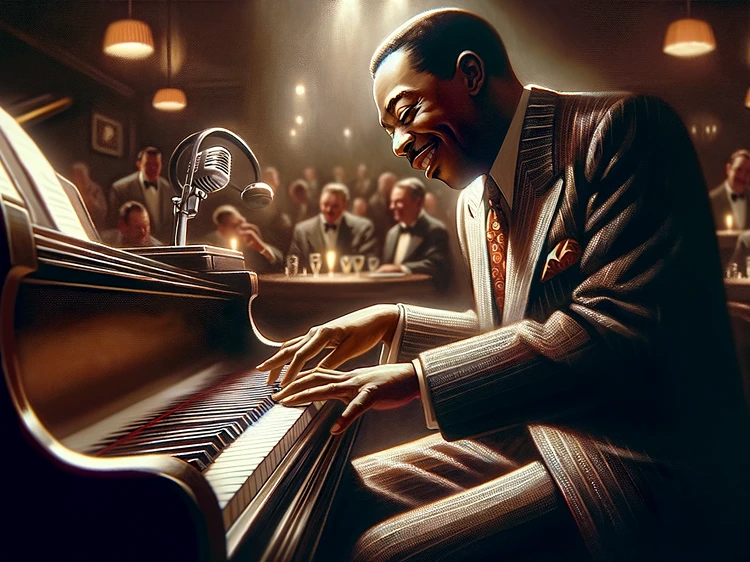
Count Basie, a pianist, bandleader, and composer, was a central figure in the swing era of jazz. His orchestra, the “Count Basie Orchestra,” was known for its impeccable sense of swing and groove. Basie’s minimalist approach to piano playing and his ability to create an infectious rhythm made him a beloved figure in jazz.
Basie’s Legacy:
- Led one of the most renowned and long-standing big bands in jazz history.
- Recorded classics like “April in Paris” and “One O’Clock Jump.”
- Contributed to the popularity of swing music and dance.
Count Basie’s legacy as a bandleader and pianist who brought the joy of swing music to audiences worldwide remains a cherished chapter in jazz history.
Sarah Vaughan (1924-1990)
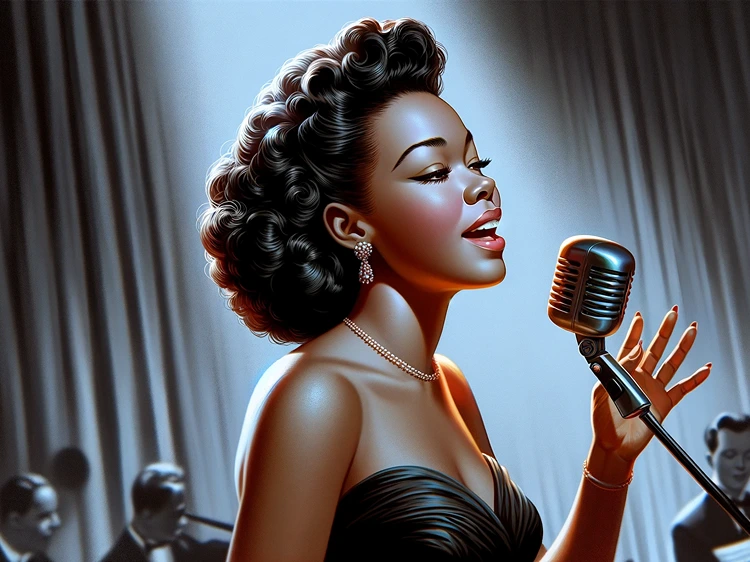
Sarah Vaughan, known as “Sassy” and “The Divine One,” was a jazz vocalist with an extraordinary vocal range and control. Her lush and velvety voice allowed her to effortlessly navigate a wide range of musical styles, from bebop to ballads. Vaughan’s vocal prowess and artistry made her an icon in the world of vocal jazz.
Vaughan’s Legacy:
- Known for her vocal versatility and ability to scat sing with precision.
- Recorded timeless classics like “Misty” and “Lullaby of Birdland.”
- Influenced countless singers and remains a reference for vocalists.
Sarah Vaughan’s legacy as a vocalist of unmatched skill and versatility ensures that her contributions to jazz continue to inspire generations of singers and musicians.
These 10 iconic jazz musicians have left an indelible mark on the world of music. Their creativity, innovation, and dedication to their craft have not only shaped the course of jazz but have also influenced numerous other genres. Their music continues to inspire and uplift, reminding us of the power of human expression through sound.

